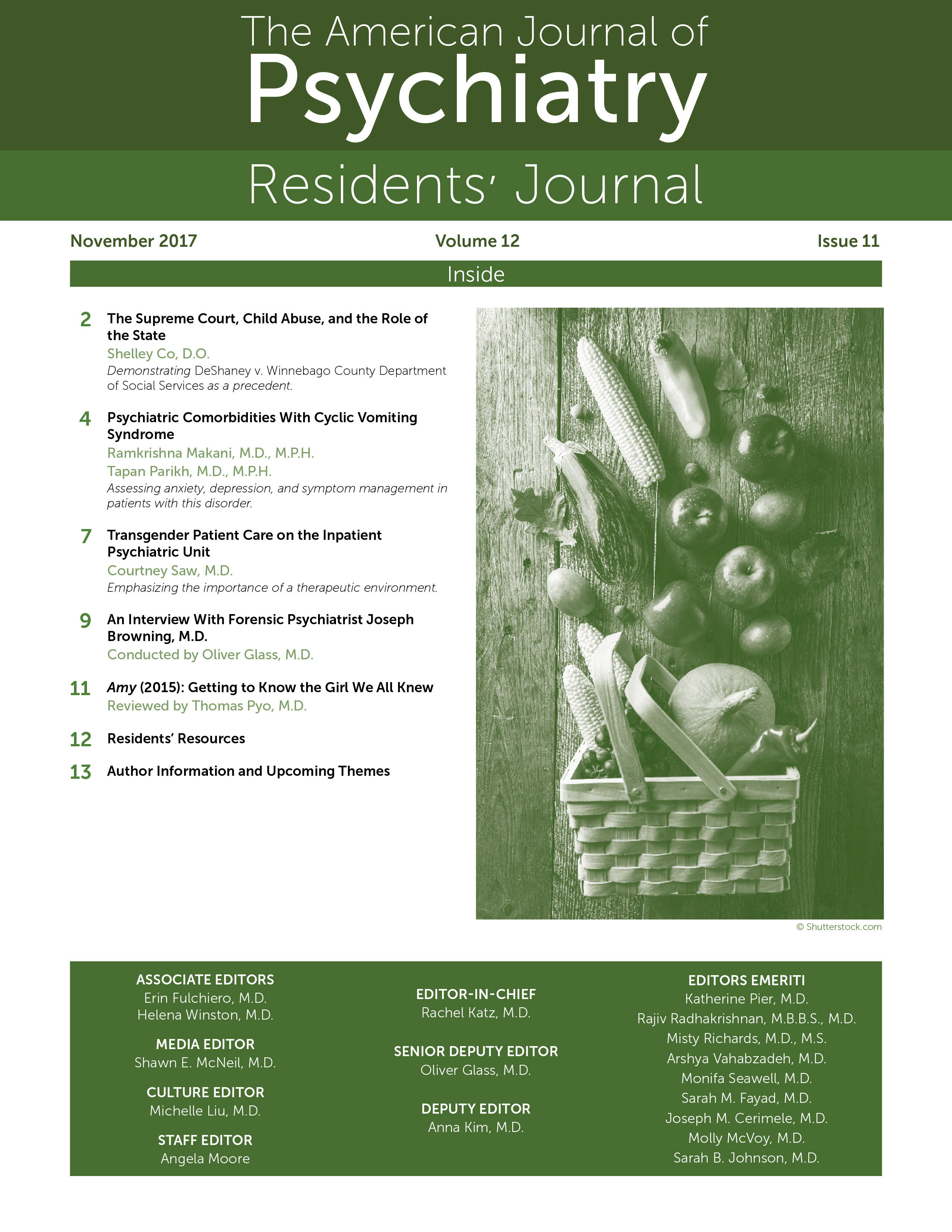Amy (2015): Getting to Know the Girl We All Knew

Amy (2015) is an engrossing biopic documentary about Amy Winehouse and comprises almost entirely home videos from friends and family. This candid footage allows us to witness many intimate moments of the life of a charismatic, humble, and genuine woman. Amy’s life follows the turbulent path of a rock-star archetype and tells an all-too-familiar story: a sensitive and talented individual lives intensely like a burning star and then quickly fades away before we even get a chance to know her.
Amy describes herself as a “nervous and nice child” until her parents separated when she was 9 years old. She grew quickly into a rebellious youth after her father left—ditching class, getting tattoos, and running off with her boyfriend. She began taking paroxetine for depression when she was 13 and began to purge at the age of 15. She moved into her own apartment as soon as she could in order to escape family problems and to “smoke weed all day.” We watch Amy grow out of her adolescence and fall in love, making goofy banter with her friends, cracking jokes, and acting out silly skits in front of the camera. This is the side of patients we rarely get to see.
The film then shows how remarkably dehumanizing fame can be. Amy is blitzed by paparazzi flashes so gratuitous they border on malicious. Her bulimia and alcohol consumption quickly spiral out of control, and her substance abuse becomes an easy target for the media. Even when she wins Grammy awards and is absent from the event, the audience laughs as the host makes jokes about her addiction.
One of the documentary’s central themes is how a strong social support system is a requisite for all other treatment. Amy’s former drug counselor stated that Amy seemed willing to receive treatment, but her boyfriend may have opposed the idea so as not to stop the proverbial “gravy train.” Amy was surrounded by people hoping to benefit from her success, including her own father, which made it nearly impossible for her to pause her career and seek help. As the end approaches, Amy’s friends express their desire to sequester her from the rest of the world in order to keep her safe, and for a moment we are convinced that she has found her way home. But we know it is just wishful thinking.
The film captures the life of a superstar but also tells a story that is relevant to everyone, as Amy is a person who is familiar to most of us. Amy needed help, and in the end she appeared on stage broken and intoxicated, sabotaging her own career, looking for a way out. Aside from telling a remarkable story, the film reminds us of the importance of enlisting the patient’s friends and family as allies in treatment and shows us that our patients lead rich, complex lives outside the hospital, which we may need to understand in order to truly understand them.



